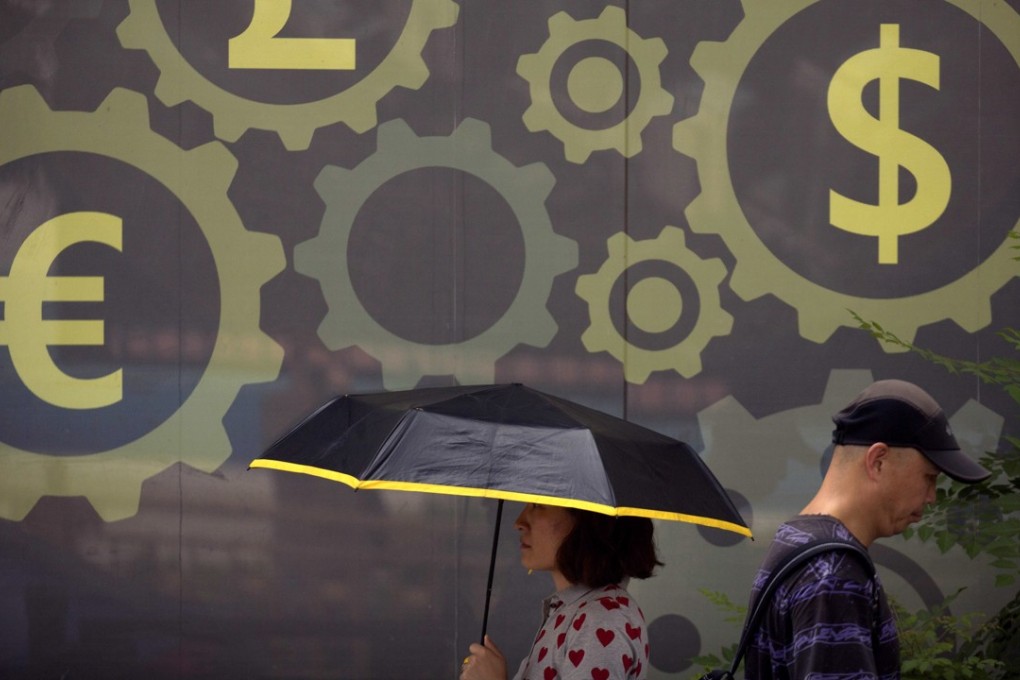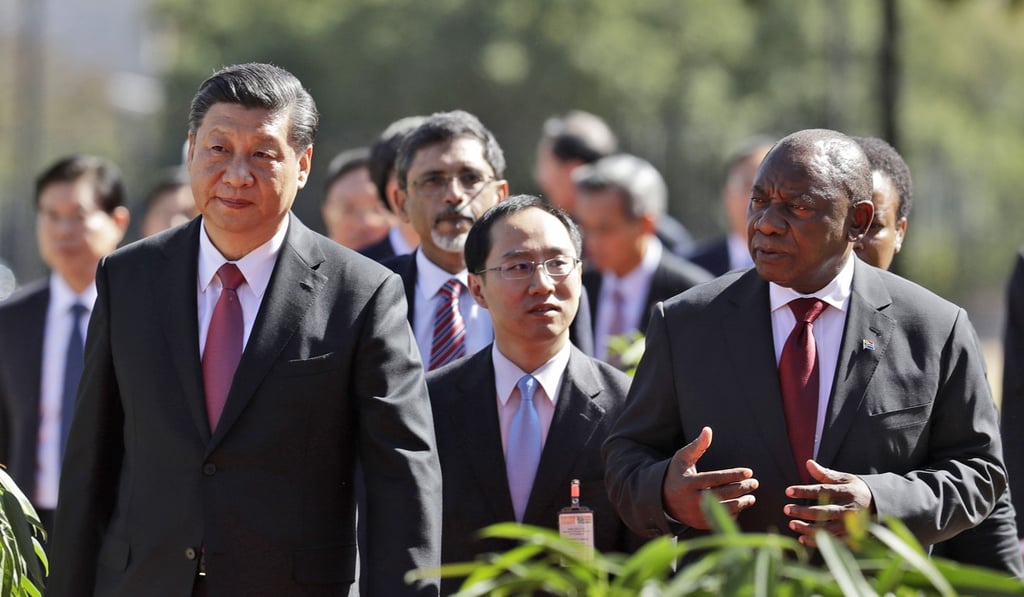China Briefing | Is Xi Jinping losing his grip – or just taking a more flexible approach?
Claims of instability are overblown but discontent is widespread – and it has been amplified by officials who stick fingers in their ears and dial up the propaganda

China’s official media and social media platforms rarely see eye to eye but over the past month or so, they have operated as if they are in different realms. The contrast is striking and intriguing.
On social media and blogs, however, anger and discontent have brewed and spread as many enterprising citizens raced against fast-fingered government censors to circulate comments and articles blasting the government’s clumsy handling of a vaccine crisis and express rising concerns about a variety of issues: the handling of the trade war with the United States and its negative impact on the Chinese economy; the over-the-top propaganda drive on China’s economic and scientific achievements and Xi’s personality cult; about China giving billions of US dollars to poor African countries at the expense of its domestic needs; about the falling currency and stock markets … the list goes on.
Anti-China hysteria: Canberra struggles with a rising Beijing

Is China’s political situation deteriorating? There is little doubt that the discontent is real and widespread, but fears about Xi’s grip on power and China’s political stability are overblown.
Chinese officials may have been dismayed at the predominantly negative coverage in the overseas media but the truth is they are mostly to blame for the mess.
The kind of blowback we are witnessing has been brewing since October when, having secured a stronger mandate at the party’s 19th congress, Xi declared that China had entered a new era and that it had never been so close to the centre of the world stage. It gathered steam in March, when China’s rubber-stamp parliament approved constitutional amendments to abolish the term limits on the presidency, enabling Xi to rule as long as he likes.
